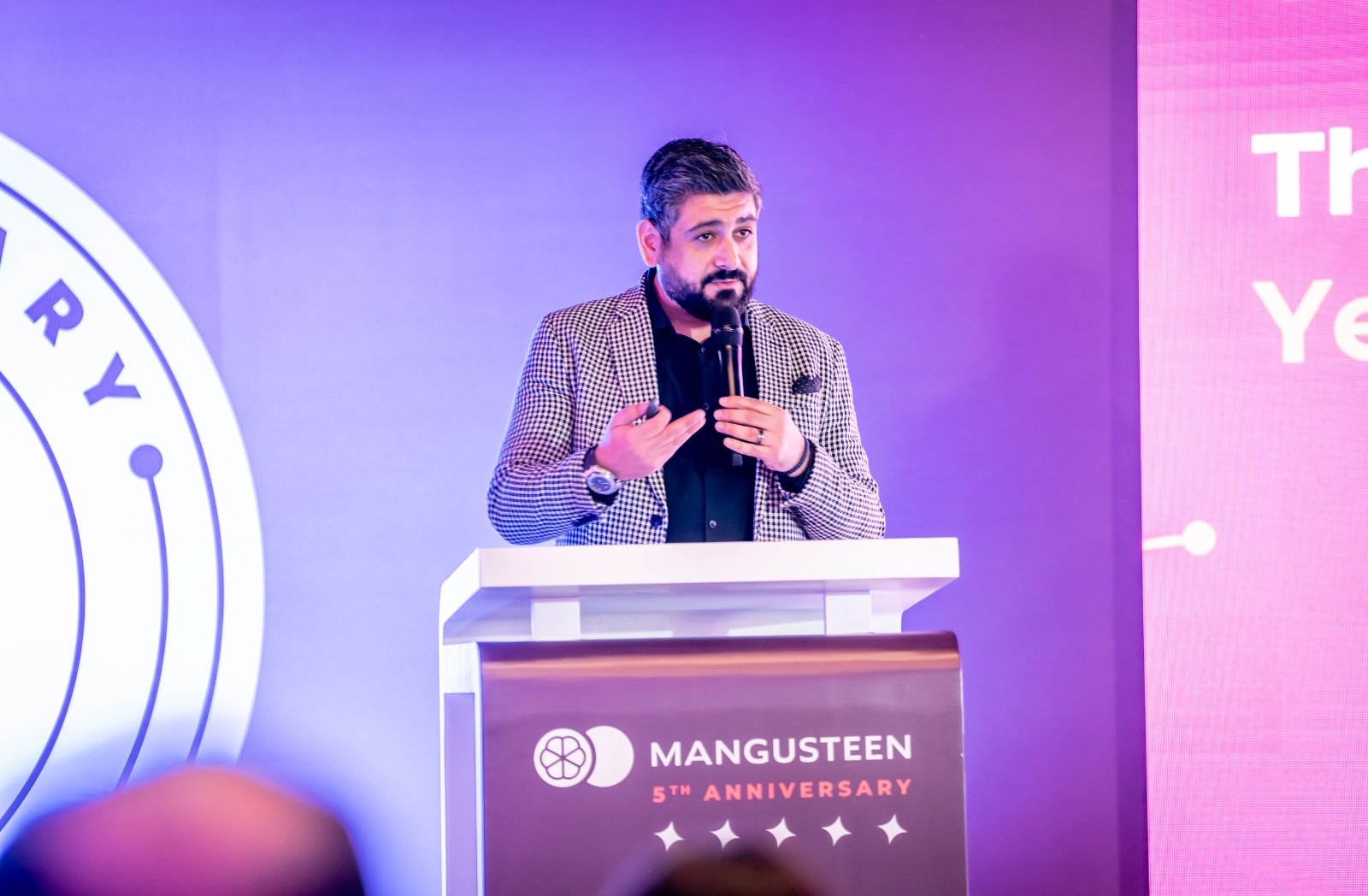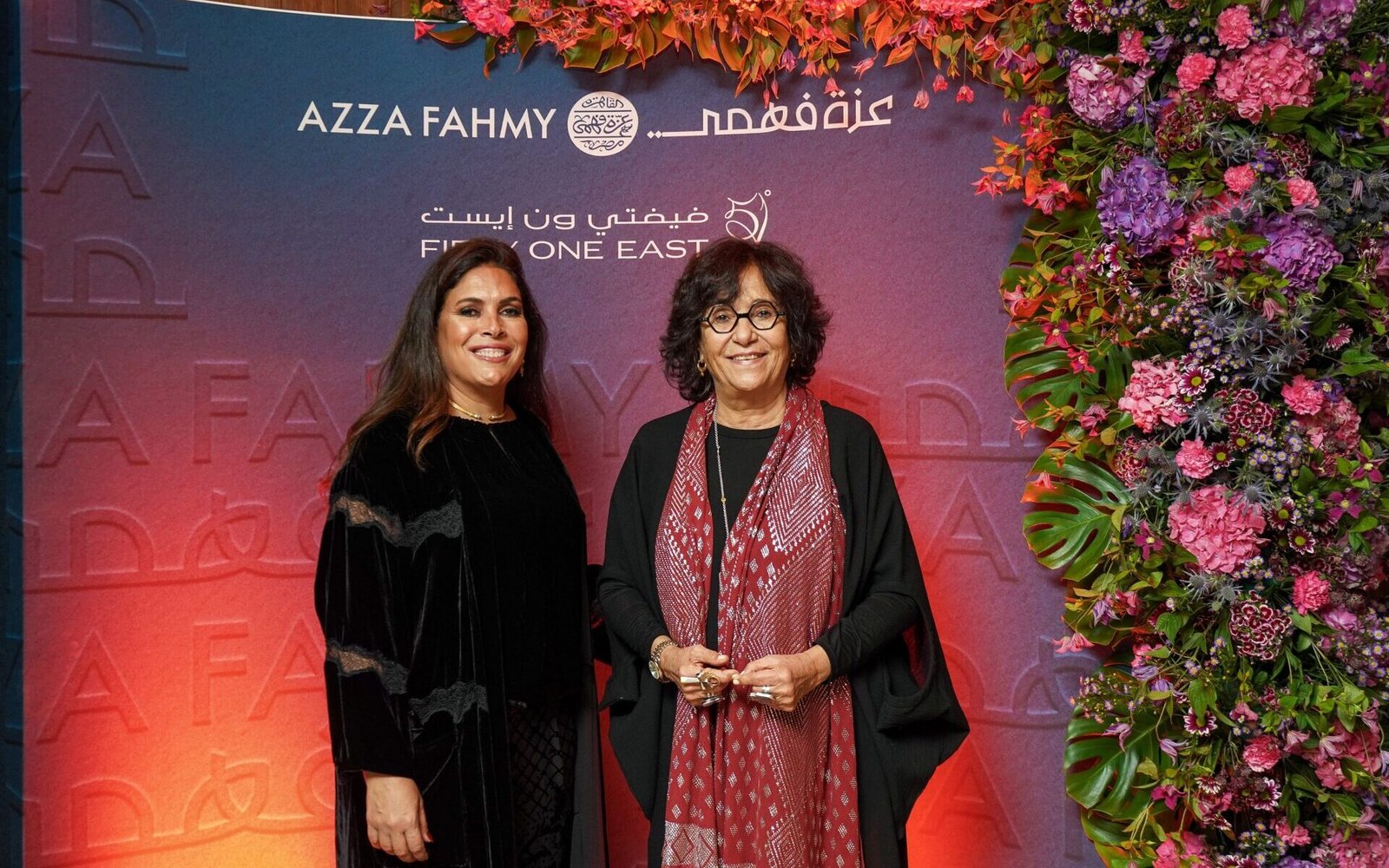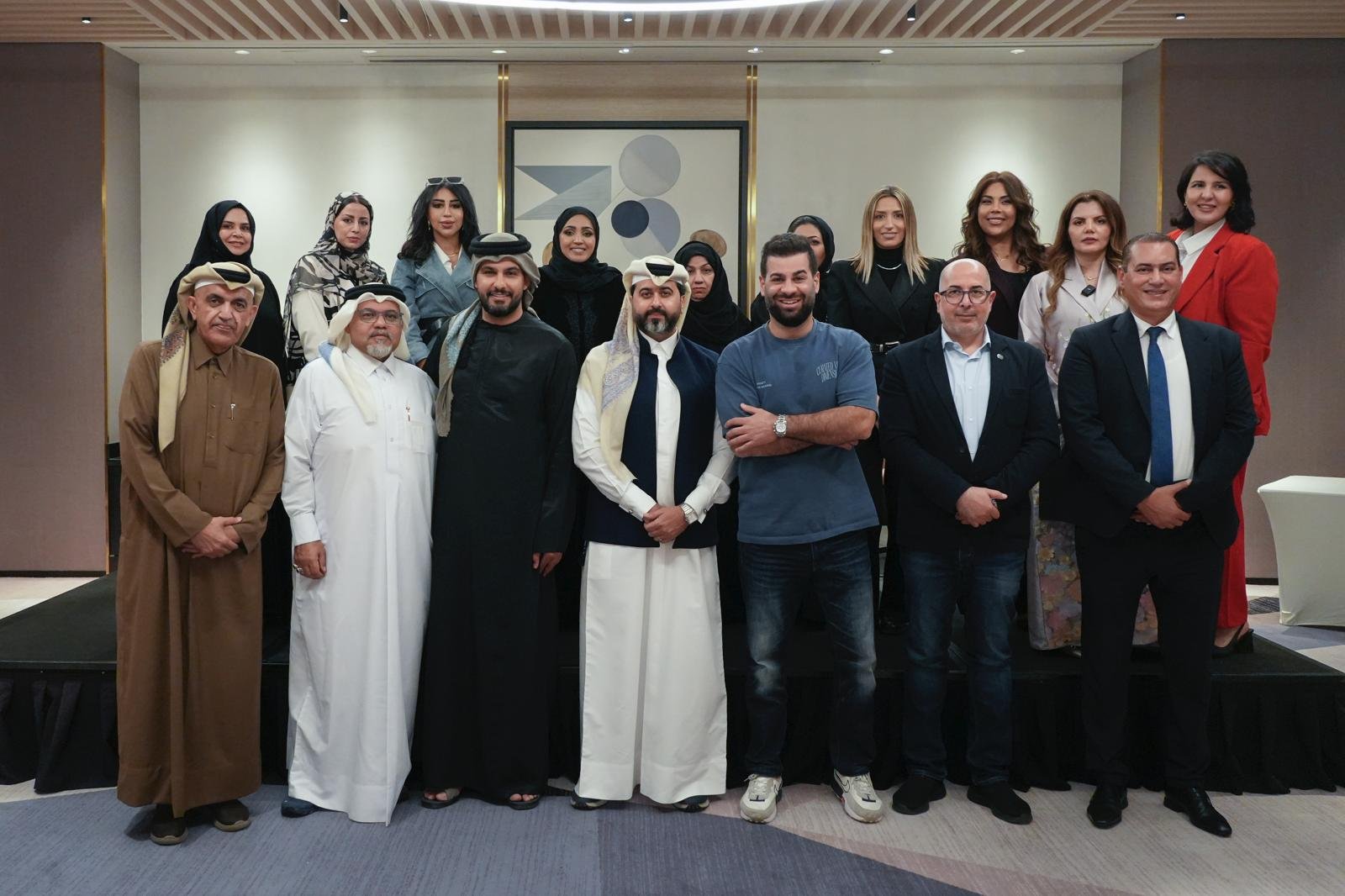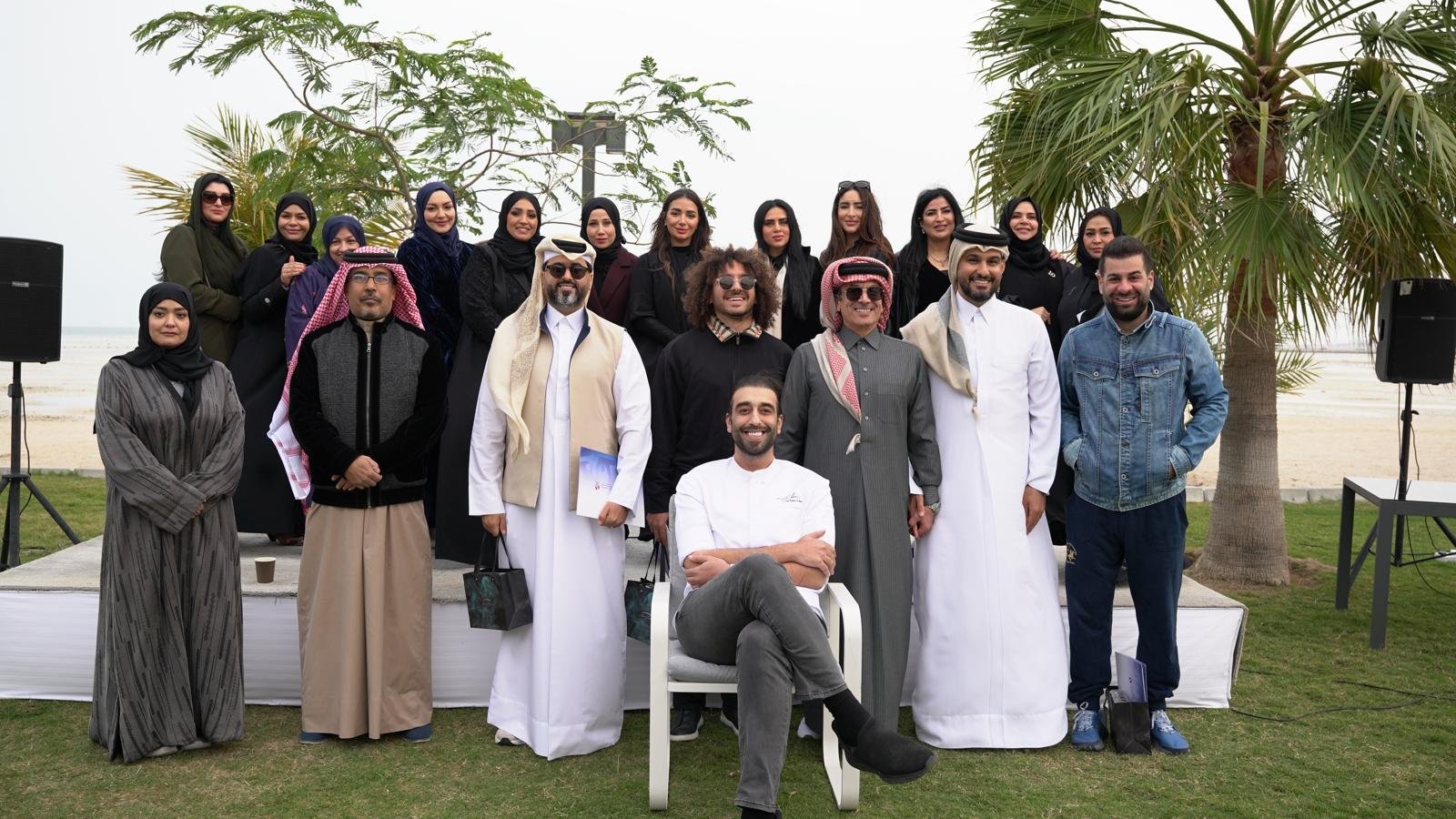Honoring Industry Leaders with Humility and Heart
In the fast-paced, competitive world of modern industry, where innovation drives progress and ambition fuels success, award ceremonies stand as moments of pause—opportunities to celebrate the visionaries, and unsung heroes who shape their fields.
Recognizing industry leaders through these events is more than a formality; it’s a cultural cornerstone that creayes a source of inspiration, builds communities, and reinforces shared values. However, the act of recognition must be approached with care, steering clear of inflating egos or fostering a sense of superiority. Instead, it should be a celebration of contribution, grounded in humility, self-love, and inner peace.
This article explores the importance of honoring industry leaders at award ceremonies in a way that uplifts without objectifying, while weaving in mechanisms for self-love and inner peace to ensure recognition serves as a force for collective good.

Value of Recognition
Worldwide Award ceremonies are more than glitzy galas or photo opportunities; they are public affirmations of excellence. When we honor leaders, & committed industry particpants who aimlessly work to create change, we acknowledge their impact on society. Recognition validates the countless hours of dedication, the risks taken, and the resilience shown in the face of setbacks.
Beyond individual achievement, these ceremonies strengthen industries by creating a sense of shared purpose and appreciation. They bring together diverse individuals—colleagues, competitors, and collaborators—to reflect on progress and inspire future innovation. This collective inspiration is a powerful catalyst for progress, reminding us that no leader succeeds in isolation; their achievements are intertwined with the efforts of teams, mentors, and communities.
However, the way we recognize achievers, matters deeply. When awards become platforms for self aggrandizement or fuel a culture of “better-than” egoism, they risk alienating others and undermining the very values they aim to celebrate. Recognition must be rooted in authenticity and humility to avoid objectifying recipients as trophies of success. Instead, it should amplify their humanity, highlighting their contributions while encouraging self-awareness and inner balance.

Avoiding the Trap of Egoism
Egoism, the tendency to prioritize self over others, can creep into award ceremonies when recognition becomes a spectacle of superiority. This happens when the focus shifts from the work to the individual’s status, creating a hierarchy that alienates rather than unites. Objectifying leaders—reducing them to symbols of achievement—can strip away their humanity, placing them on pedestals that foster isolation rather than connection.
To counter this, award ceremonies must prioritize purpose over pomp. Organizers can achieve this by emphasizing the impact of the recipient’s work rather than their personal grandeur. For instance, instead of lauding a CEO as “the best in the business,” speeches could highlight how their leadership transformed lives—perhaps by creating jobs, advancing technology, or improving access to education. This approach keeps the focus on contribution, not competition. A heartfelt speech that credits collective effort over individual triumph sets a tone of gratitude and relatability. It reminds audiences that success is a shared endeavor, not a solo conquest.
The Role of Self-Love in Recognition
At the heart of meaningful recognition lies self-love—not in a narcissistic sense, but as a practice of self-acceptance and inner peace. Industry leaders often face immense pressure to perform, innovate, and lead by example. This can lead to self-doubt, burnout, or an unhealthy reliance on external validation. Award ceremonies, when done right, can reinforce a leader’s intrinsic worth, reminding them that their value extends beyond their achievements.
Self-love begins with embracing one’s imperfections. Leaders who practice self compassion recognize that their worth isn’t tied to awards or accolades but to their authentic selves. This mindset allows them to receive recognition gracefully, without letting it define their identity. For example, a leader might reflect on their award not as proof of superiority but as a milestone in a larger journey of growth and service.
To cultivate self-love, leaders can adopt practical mechanisms before and after award ceremonies:
1. Reflective Journaling: Before an event, leaders can write about their intentions for accepting recognition—perhaps to inspire others or honor their team. This practice grounds them in purpose and prevents ego-driven motives from taking hold.
2. Gratitude Practices: Post-ceremony, expressing gratitude—whether through thank-you notes to supporters or quiet moments of reflection—reinforces humility and connection. Gratitude shifts the focus from “I won” to “we achieved.”
3. Mindful Self-Talk: Leaders can counter self-doubt or arrogance by affirming their worth with balanced statements like, “I’m proud of my work, and I’m still learning.” This fosters self-love without tipping into egoism.
Inner Peace as a Foundation
Inner peace is the anchor that keeps leaders grounded amid the whirlwind of recognition. Award ceremonies, with their bright lights and high stakes, can amplify stress or self-consciousness. Leaders who cultivate inner peace are better equipped to navigate these moments with authenticity and grace.
Mindfulness practices are powerful tools for encouraing inner peace. Meditation, even for a few minutes daily, helps leaders stay centered by quieting the mind and reducing attachment to external validation. For instance, a leader might meditate before an award ceremony, focusing on their breath and visualizing the event as a celebration of shared progress rather than personal triumph.
Another mechanism is setting boundaries around recognition. Leaders can choose to view awards as moments of acknowledgment rather than endpoints. This perspective prevents the pressure to “live up to” the award from disrupting their inner calm. By seeing recognition as a snapshot of their journey, not the destination, leaders maintain balance and focus on future contributions.
A Blueprint for Meaningful Recognition
To ensure award ceremonies uplift without objectifying, organizers and recipients can adopt a few key principles:
• Center the Mission: Highlight the purpose behind the award—whether it’s advancing science, empowering communities, or driving innovation. This keeps the focus on impact, not ego.
• Amplify Diverse Voices: Recognize leaders from underrepresented groups to reflect the full spectrum of talent in an industry. This fosters inclusivity and challenges traditional hierarchies.
• Encourage Authenticity: Create space for recipients to share personal stories, vulnerabilities, and gratitude. Authentic narratives humanize leaders and inspire audiences.
• Promote Collective Success: Acknowledge the teams, collaborators, and communities behind every leader’s achievement. This reinforces the interconnectedness of progress.
For recipients, embracing recognition with self-love and inner peace transforms the experience into one of growth and connection. By practicing gratitude, mindfulness, and humility, leaders can accept honors without losing sight of their humanity or their mission.

















